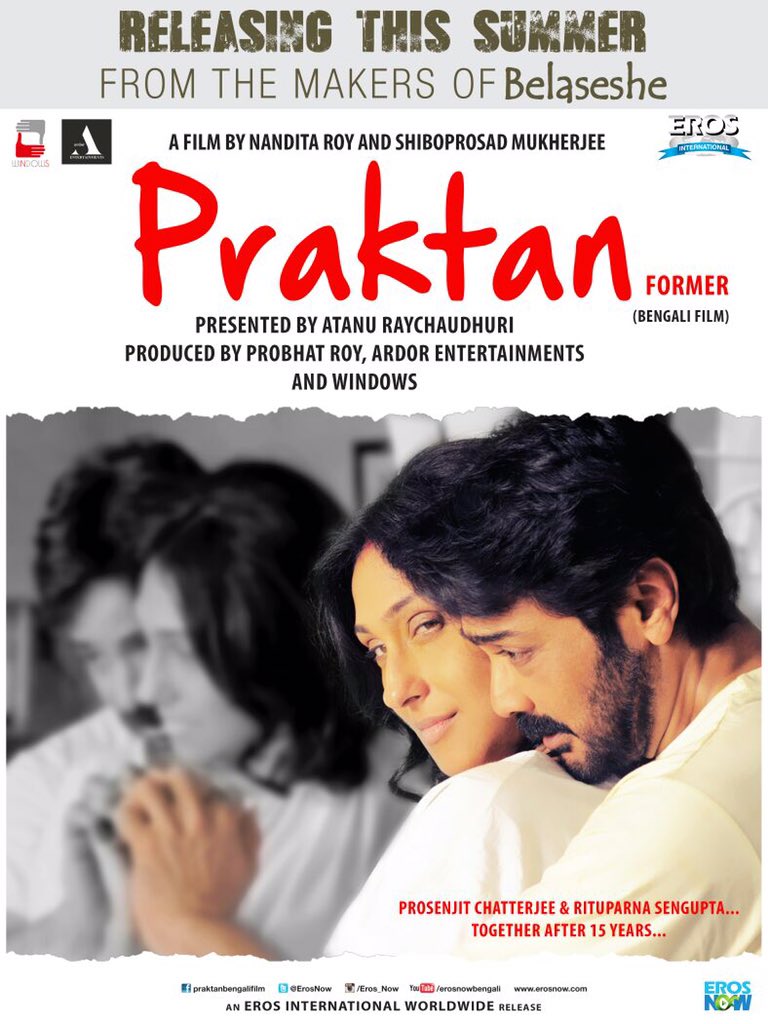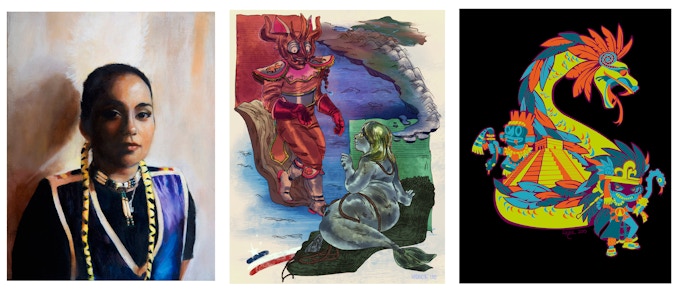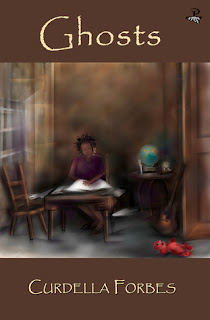Labyrinth Lost
Zoraida Córdova
2016, I read digital review copy
336 pages, YA fantasy, LGBTQIA+
Many thanks to Sourcebooks Fire for providing a review copy of this book!
Alejandra, or Alex, is a bruja, one of a long line of magical people. While her family is all-important, she’s hiding a secret from them: she does not want to be a bruja. When she tries to escape from her power and ends up sending her family into exile in an alternative realm, it’s up to her, her hired guide Nova, and her human best friend Rishi to save her family and the magical realm of Los Lagos.
Highlight the black sections to reveal spoilers.
Latinx Culture, Religion, and Magic
One of my favorite parts of this novel was the worldbuilding. Set in contemporary Brooklyn, the brujas are both very much a part of New York society and a secretive group that follows different laws. While they perform seances and healing sessions, they still have to pay the bills. The best example of this is Alex's mother, who has healing powers but also works in a gynecologist's office - as a secretary. This made me question why she never went into medicine herself; my guess is that her family did not have enough money to afford medical school. This indicates that the bruja community is very much subject to the same restrictions and racial/income discriminations that others experience, including Latinx communities.
Where do the brujas get their magic? It seems that it comes from two sources. First, their own families, living and dead. The importance of family - the full, extended, complicated and difficult family - is emphasized throughout this book. Despite fighting with her sisters (like everyone does), Alex is fiercely loyal and protective of them. Her decision to remove her own magic is a misguided attempt to protect her family from what she can do; when she accidentally banishes them to Los Lagos, she is wracked with intense guilt for what she sees as her betrayal of the ones she loves.
What Alex does not realize at first is that much of her power comes from her family - both from her long lineage and from the love that her family has for her. Setting aside the magical aspect for a moment, this is an incredibly powerful statement: your family's love for you can give you the strength to do things that you would never be able to do on your own.
On the other hand, in Nova we see the flip side of this importance of family among the brujas. Nova does not have a family, as such: he was abandoned and abused by his remaining relatives.
This results in his inability to have a Deathday, and therefore his inability to contain and control his power - which is slowly killing him. Nova's abandonment is not his fault, but in this world - both among the brujas and in human society - he is punished for it.
The second source of bruja magic is their religion, a polytheistic and ancestor-worship belief system inspired by the
veneration of saints in Latin American Roman Catholicism,
Day of the Dead, and
Santería. In addition to revering departed members of their family, brujas worship numerous deities named after natural elements - El Fuego, La Ola, etc. - who bless them with magical powers. The worship of these gods is complex, involving personal altars, offerings, prayers, and spells.
Cordova takes time to flesh out these religious practices: Alex compares her relatively unkempt altar with those kept by her family members, for example. The images and offerings on each person's altar indicate their values and powers. Since each deity grants a specific type of magical ability, each person generally prays to the deity associated with their power. The level of detail provided for these religious practices indicates just how intimately intertwined they are with the daily life of the brujas.
One other thing that I wanted to note is that bruja society is matriarchal: the women are the ones who are usually most powerful and who make most of the decisions. This is quite refreshing.
Positive bisexuality
Another thing that this book does really well is representing bisexuality in a positive way. From the very beginning of the novel, we are introduced to Alex’s as-yet-undiscovered feelings towards her human best friend Rishi. Then she also starts to fall for the hunky and mysterious Nova. Both of these relationships felt like equally valid possibilities.
Importantly, Alex's family is also supportive of queer relationships. This is first indicated by another lesbian relationship in her family (in an older generation)
, and then by the way her family acts when she finally chooses Rishi. Not only does this book provide an excellent example of bisexual attraction, but it shows a positive response from the main character's strong family unit.
I loved this book for its mythology, its characters, and its worldbuilding. If you haven't read it yet, go read it now.
Want to see more reviews of world literature and film? Follow me on Twitter or like The Globally Curious's facebook page!




























_POSTER.jpg/220px-Court_(film)_POSTER.jpg)













